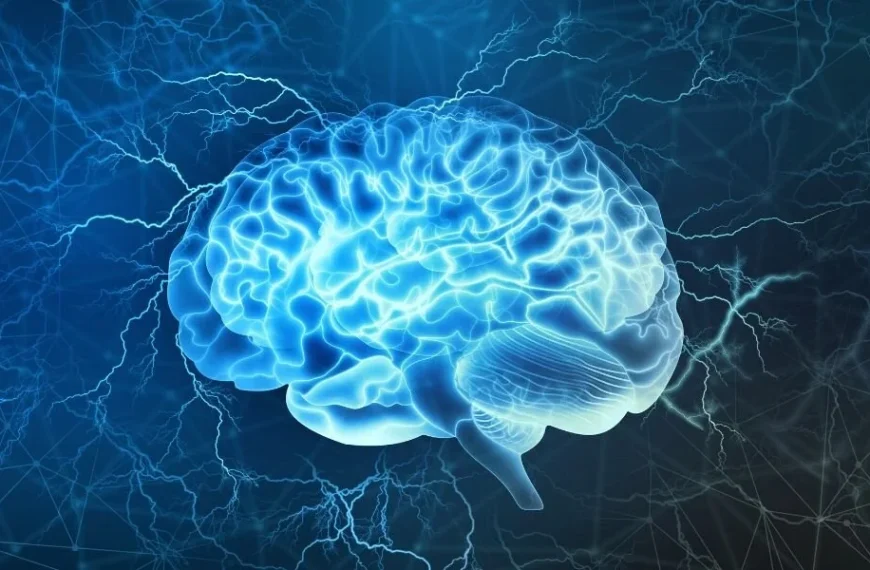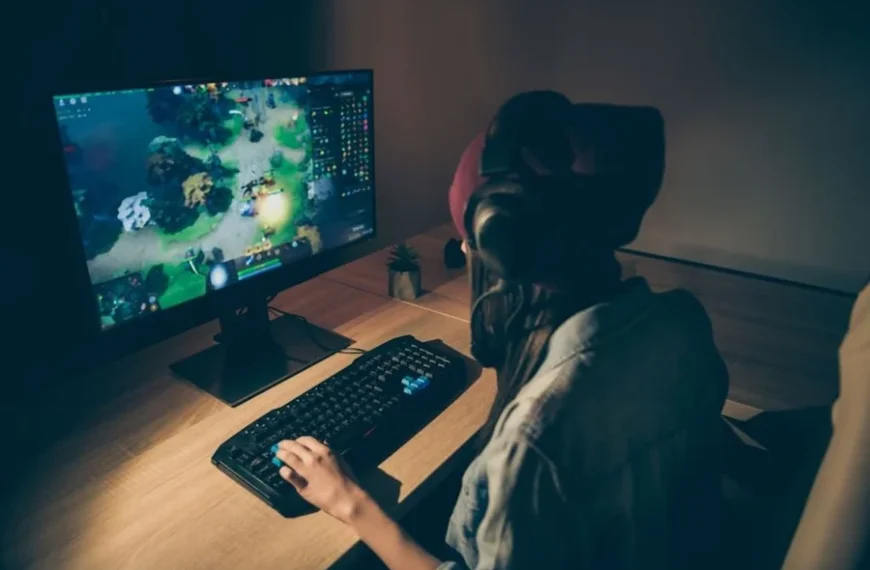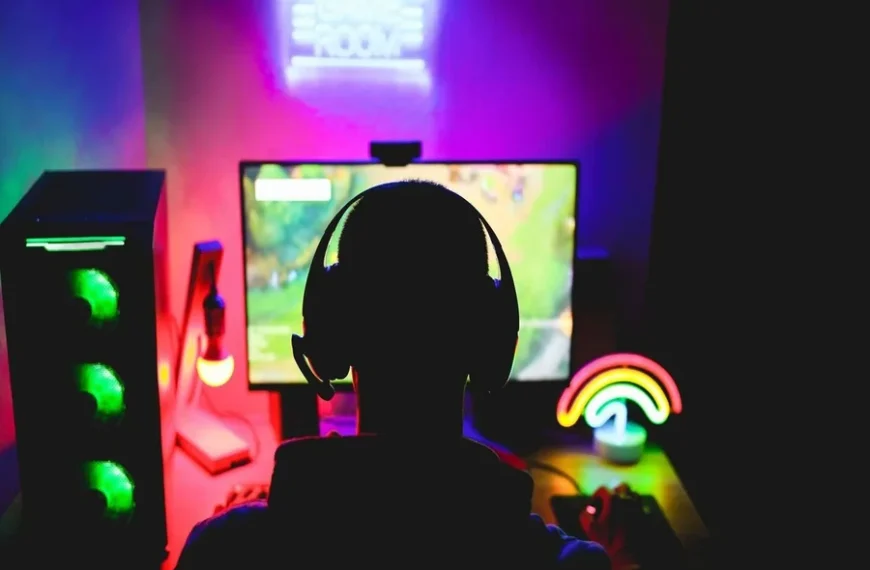Human beings are strangely drawn to challenges, particularly those they know they will not defeat. It was trying to solve a video game mission that is unattainably difficult, attempting to solve a coding challenge that experienced programmers were pacing the floor over, or even playing a hand at one of the blackjack tables found at Koifortune Casino; they were simply compelled to find themselves in an environment where the cards were stacked against them. But why? What is the fun of losing?
The postulation of Pursuing Certain Losses.
On the very face of it, it does not make sense. Who, half-wits, wants to find trouble in which he is nearly doomed to failure? Nonetheless, this trend is ubiquitous. Since athletes were to challenge themselves with extreme endurance, and gamers were to be pitted against notoriously challenging levels, they were wired to go after the near-impossible.
This phenomenon prospers even in the digital arena. Difficulty quests, puzzles, or gambling with low odds satisfy the need for mastery, testing boundaries, and, in some cases, just the need for an adrenaline rush. This is well represented by sites such as Koifortune Casino, which have highly detailed official blackjack websites and other, more skill-based competitions: the games are designed so that players can win a little and lose a lot, which keeps them psychologically addicted.
This is the Psychology of Impossible Challenges.
Why then is such irrational behaviour found? There are several insights that behavioural economics and psychology can offer.
The Thrill of Uncertainty
Human beings are programmed to act in case of uncertainty. The dopamine loops in the brain are facilitated by low-probability results, such as winning a digital jackpot or beating a nightmare in a game. The hope of a possible reward may be nearly as enjoyable as the reward itself. That is why we occasionally lead ourselves into slogging through some old stuff we are familiar with, which is likely to fail; the mind is after another dose of thrill.
Self-Testing and Mastery
Even where success is not possible, there is some reward in the very thought of trying. Stretching yourself fosters a sense of self-efficacy and mastery. Consider playing a tough hand in a real casino blackjack game: along with the disappointment of losing to the house, the player feels an adrenaline rush of involvement and concentration. Trying what appears to be impossible is a way of personal scorekeeping: a virtual pat on the back.
Cognitive Biases at Play
We are not just attracted to these challenges on purely emotional grounds; cognitive biases creep in as well. The illusion of control causes individuals to overrate their control over the likelihood of natural events, and decision fatigue in long-term or complex games can increase risk-taking. The fallacy of gamblers — the belief that the more they lose, the more likely they are to win — also keeps players staring at screens. Online participation, in this sense, is now a dance of random gratifications: little victories, close calls, and uncertain results keep our brains occupied.
Neuroscientific Explanations
The neurochemical story is interesting and is found below the behavioural patterns.
The Brain Reward Systems and Near-Misses.
Research indicates that the nucleus accumbens, an important component of the brain’s reward system, is triggered by near-misses such as a hairy loss in a big-stakes game. Amazingly, such activation can be nearly the same as the sensation of a real win, which is why players seek outcomes with a low probability of occurring, again and again.
Stress, Adrenaline, and Focus
Critical tasks also trigger the cortisol response, making one more alert and focused. In online or in-person gambling, this results in all choices being momentous, making the playing experience feel immersive, practically like a movie. An adrenaline rush is addictive, and that is one of the main reasons why websites such as Koifortune Casino design their official blackjack application with moments of tension and little, random rewards.
Expert Insights
Behavioural economists tend to point out that it is not only fun. Decision-making under uncertainty: A specialist in decision-making, Dr Miriam Gold, says that challenges with a low chance of success engage the same circuits as those used by other intrinsic motivators. It is not much about the result but rather the mental activity and the level of emotion. That is, it is the pursuit, not the possession, that is pleasant.
Digital and Gaming Examples
And this ancient fascination with the unachievable has been heightened by the digital world. Online audiences are also very useful for exploiting evolving rewards, real-time satisfaction, and behavioural tendencies to retain players.
Online Casino and high-stakes games.
The low odds, visible stakes, and cyclical wins would create a dopamine loop on an official blackjack site, prompting players to return. The win-rarely-or-almost-win strengthens engagement, even when one knows there is likely to be a loss. This is similar to how human beings take on tough challenges without gambling: the prize is not winning alone, but feeling the process.
Team Challenges and Riddles.
Multiplayer games that take place outside casinos are full of challenges that are impossible to win. Players willingly do work they are unlikely to win, whether it’s chasing leaderboard positions or trying to achieve very difficult things. It is thrilling due to the intellectual stimulation, social acceptance and the gratification of pushing one’s boundaries.
Table: Digital Engagement and Type of Challenge.
| Challenge Type | Success Probability | Psychological Reward | Digital Example |
| Extremely difficult skill game | Very low | High thrill, mastery satisfaction | Hardcore video game levels |
| Multiplayer competitive game | Low | Social recognition, adrenaline | Online leaderboards, e-sports |
| Risk-heavy bets | Low | Dopamine rush, near-miss effect | Koifortune Casino jackpots |
It is such a mixture of psychology, neuroscience, and digital design that the human being is magnetically attracted to problems he is likely to lose. Whether it is a casual gamer who plays a legendary boss or a player who is playing on an official site devoted to blackjack, what is appealing is not a predetermined result, but immersion, the suspense, and the excitement of rolling dice- even when it is clear they are against you.



